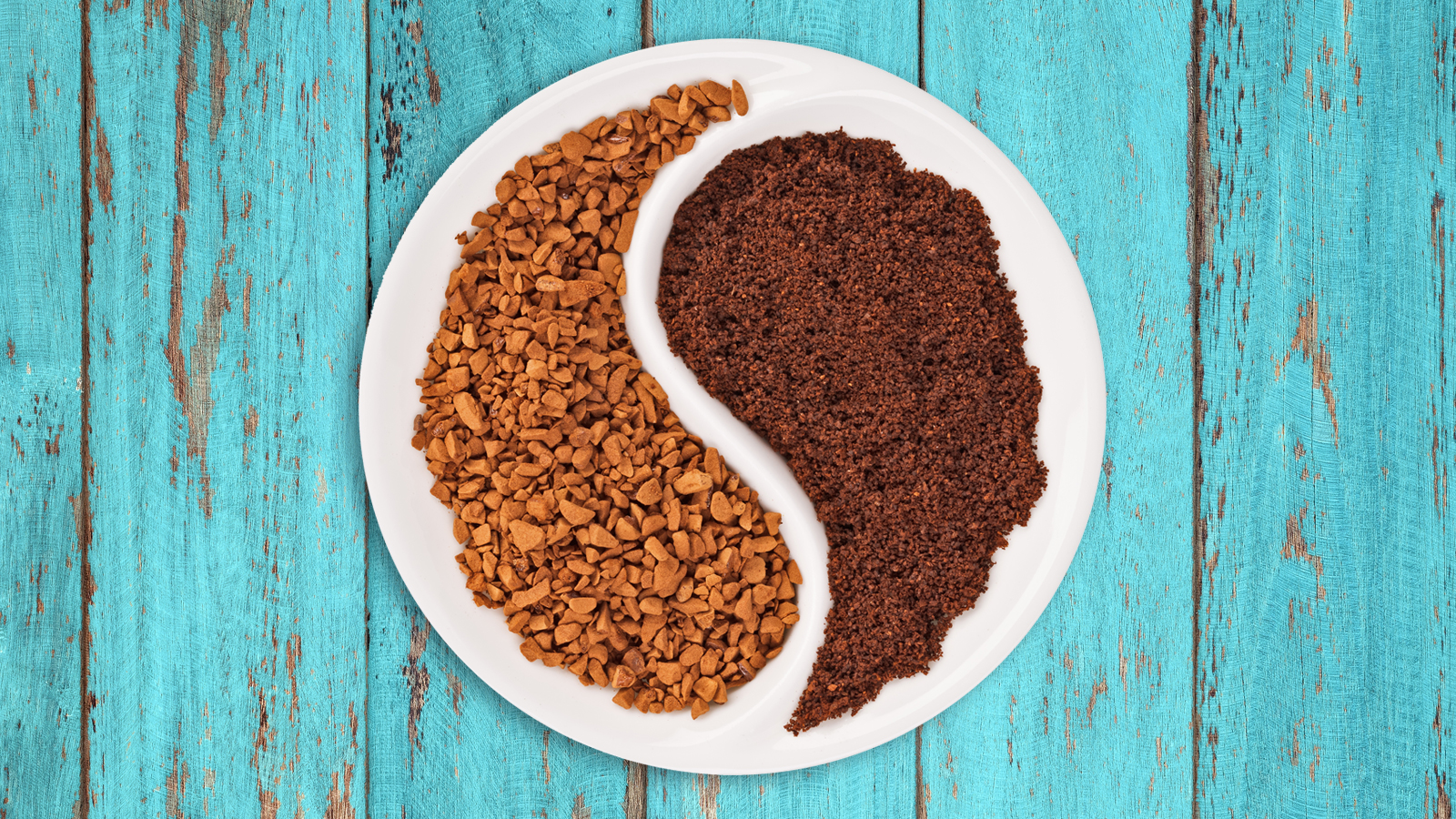Q. Dear Umbra,
I am curious about ground vs. instant coffee. Which requires most energy input?
Carol C.
Charlottesville, VA
A. Dearest Carol,
Here in the City of the Maximally Caffeinated*, where all new citizens are granted a free French press and city council meetings begin with a group triple shot of espresso, your ground vs. instant coffee query would generate some fierce opinions — about taste, that is. Far be it from me to call my fellow Seattle sippers snobs, but I fear anyone who dared to serve instant java ’round these parts would be bludgeoned into unconsciousness under a mountain of pour-over cones and burr grinders. But unhappily for those whose opinions about coffee run as strong as a cold brew, we do have some evidence that the lowly instant Joe may be the better pick, environmentally speaking.
I can say this based on three recent studies. In one 2009 life cycle assessment, researchers compared instant coffee (more technically, “spray-dried soluble coffee,” yum) to drip filter coffee and K-cup-style capsules in terms of energy use, carbon emissions, and water use. Their findings: Instant coffee beats the other two on all counts. The number-crunchers for this analysis come from a consulting firm that works for Nestle, maker of Nescafe instant coffee, so we’ll take that with a grain of sugar.
But another 2009 study, by Dave Reay, a carbon expert at the University of Edinburgh, came to the same conclusion. He reports that filter coffee produces 50 percent more carbon emissions than instant; by his reckoning, drip coffee costs about 125 grams of carbon per cup, while instant creates just 80 grams. Why? The roasting process for regular drip is more resource-intensive, and shipping light, packable instant grits uses less transportation energy.
The third analysis, a 2011 report out of Switzerland, also gave the edge to instant, but only by a slim margin. Both types soundly defeated capsule brews — and really, with all its packaging woes, who’s surprised about that one? Finally, the report argued that the way the coffee is grown and processed matters a lot more than how you end up consuming it. (Other estimates put the production/use balance at closer to 50-50.)
All this is to say, Carol, that you now have a “Nyah-nyah” rejoinder to the coffee snobs of the world if you prefer your brew quick and easy. But I’m inclined to agree with that last report that how our morning pick-me-ups are produced matters quite a bit: Sustainably grown and fair-trade beans mean greater forest biodiversity, fewer pesticides, more trees, more justice for agricultural workers, and happier, healthier songbirds. If you can find an organic instant brand with a respected eco-label (such as Bird Friendly, Rainforest Alliance, and Fair Trade), so much the better. But often, instant brews use lower-quality, full-sun-grown robusta beans rather than environmentally preferable Arabica beans, so don’t assume any old instant brand is your best bet.
If you do find yourself a favorite dissolvable treat, don’t forget to minimize energy use on your end. Don’t prepare any more hot water than you need — doing so only wastes electricity and water — and heat it with an energy-efficient electric kettle, which bests microwaves and gas stoves. And skip the splash of cream if you can stand it: Your coffee break’s carbon footprint will shoot up with the inclusion of any dairy products.
Finally, Carol, thanks for being a conscientious coffee drinker. If we all paid as much attention to our mugs’ environmental impact as some of us do to the minutia of Chemex vs. Clover, I daresay the world would be a slightly perkier place.
Freeze-driedly,
Umbra
*I’m talking about Grist’s hometown of Seattle, of course, and I’ve taken a few liberties with our municipal signifiers. We’re actually the Emerald City, new citizens are issued rain slickers, and city meetings kick off with a salmon bake. Naturally.




